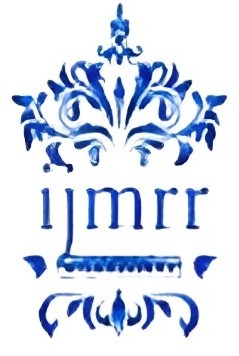Reward System And Its Impact On Employees’ Performance At Hcl Technologoies Pvt Ltd
Abstract
The title of the project “A Study on the impact of reward system on employee performance in HCL TECHNOLOGOIES”. The reward system plays a crucial role in shaping employee motivation, job satisfaction, and overall performance. This study examines the impact of both monetary and non-monetary rewards on employee productivity, engagement, and retention. The research explores key theories such as Maslow’s Hierarchy of Needs, Herzberg’s Two-Factor Theory, and Vroom’s Expectancy Theory to understand how rewards influence workplace behavior.
Using a combination of qualitative and quantitative methods, the study analyzes how different reward structures—such as salary incentives, bonuses, recognition programs, and career development opportunities—affect employee performance. The findings highlight that a well-balanced reward system not only enhances motivation and job satisfaction but also improves organizational commitment and reduces employee turnover.
The study concludes with recommendations for organizations to design effective reward systems that align with business objectives and employee expectations. By implementing a strategic and fair reward structure, companies can foster a high-performance culture, leading to long-term success and sustainability.











